It’s a little hard to write about Michael Ondaatje’s The English Patient without saying too much about the story and spoiling it for potential readers. One might argue the book is old enough that spoilers shouldn’t be a concern. It won the Booker Prize in 1992 and the movie adaptation won nine Academy Awards in 1996, including the Oscar for Best Picture. So, the book is good, right? Well, yes, it is. Yet I would like to believe there are younger people who might be inclined to read this book now, or older people like myself who, for one reason or another, never previously read it and knew little about it.
This brings me to the question of my association with the book and film. Up until the book was nominated for the Golden Booker Prize this month, I had little thought of reading it. But I’d made a commitment to try to read the nominated books, so I had to consider it. I have a memory of seeing a part of the film – the early scenes in which Ralph Fiennes’s character, the eponymous patient – is rescued in the desert after his plane is shot down (it’s less dramatic in the book. A spark from a short sets the plane on fire). I have a distinct memory of the cloth draped across his burned face and the small holes meticulously cut for his eyes and mouth. The ministrations of the Bedouin people seemed so meticulous that I imagined another two hours of the English patient being nursed while beautiful cinematography captured the cleanness of the desert – a term I remember from Lawrence of Arabia - that it made the prospect of watching the film unbearable. Then someone told me they were bored by the film, too. I felt vindicated. Consequently, I had little interest in the book either.
Nevertheless, I finished the book yesterday and was encouraged from my reading to finally watch the film.
At the time the movie was out and doing well for itself I managed to pick up a slim volume called Tales from Herodotus. The English patient owns a complete edition of Herodotus’s Histories which he carries about with him as a commonplace book, adding notes about his own journeys, correcting
Herodotus when he finds additional information subsequent to the stories, as well as adding keepsakes to its pages. Herodotus was an early historian who is often credited as being the father of history. His histories cover Egypt and the Middle East, as well as Greek history, particularly around the period of the Persian Wars. Yet many of his tales seem preposterous or made up, which has also earned him the epithet father of lies
, while others are clearly based on verifiable history.
There are only a couple of tales from Herodotus’s Histories that get repeated in the book and film, so this film tie-in was a little piece of harmless exploitation. I bought the book back in the nineties because I had read Herodotus and thought it might be nice to have something smaller to dip into. In other words, my motivation for buying it had nothing to do with the film. Yet I used the book to reread the key scenes mentioned in the novel as I read it this week. It's worth doing, although not necessary, since the novel gives a fairly good recount. Of particular interest is the story of Gyges who is encouraged by his king, Candaules, to secretly look upon his wife naked to prove she is the most beautiful of women. When caught, the queen forces Gyges to make a choice. Face execution immediately or else kill the king and take his place. It’s a nice example of the layering of culture and history that Ondaatje uses to bring an exotic depth to his novel.
When the English patient is being cared for in Italy by Hana, a nurse who decides to stay with him after the nunnery, which is being used as a hospital before it is evacuated, is closed down (the English patient is too frail to move), his edition of Herodotus is one of the few clues to his life and possible identity. Which brings me back to the problem of discussing this book I have alluded to. To some degree, like his later work, Anil’s Ghost, The English Patient has some commonality with detective or spy fiction. At the centre of the story, driving the plot, is the question of the identity of the English patient. What is his name? What was he doing when he was shot down? Why can’t he remember who he is or is that just a ruse? Is he, in fact, English?
The story is set in 1945 shortly before the end of the war, as well as the years prior to the beginning of the war in the thirties. In 1945 the English patient is laid up in the nunnery in Italy, not far from Florence. Hana, an army nurse, treats him as best as she can as he slowly slips towards death. Then David Caravaggio turns up. He is an old friend of Hana’s father whom she knew prior to the war. The movie omits this fact, making Caravaggio a little more mysterious and threatening. Caravaggio is a thief, has done some spying for the allies and has lost both his thumbs in a German interrogation. It soon becomes clear that his turning up was not chance. He reveals a past knowledge of the English patient, suggests he may have worked as a spy for the Germans during the war and even claims to know his true identity.
By the English patient’ s own account, he was a member of the Royal Geographic Society with a mission to explore the African desert and map it. Looking for a lost oasis mentioned in Herodotus, his party also discovers a cave with ancient paintings on its walls which they seek to document.
Added to this mix is Kirpal Singh, known as Kip, an Indian Sikh working for the British army defusing bombs in the area, who intrudes upon Hana while playing the monastery piano. He rushes in to save her, explaining that the Germans have set booby traps and mines all over the countryside and pianos have been a favoured target.
The movie tends to give emphasis to the back-story of the English patient, his affair with a friend’s wife, Katherine, while in Africa, and the mystery of his identity. It gives less weight to the stories of Caravaggio and Kip. A particularly saucy incident from the novel involving Caravaggio’s attempt to retrieve some incriminating evidence about himself is omitted from the movie, as is his personal background with Hana. Likewise, Hana’s relationship with Kip is not as fully realised in the movie, and Kip’s true significance to the story is also neglected. As an Indian in the British army, Kip represents something of a paradox that was so commonplace at the time, that it was hardly thought extraordinary. Yet Kip’s brother refuses to contribute to the long imperial history of Britain by joining its army. Kip’s choice reflects the problem of identity for Indians whose country is moving towards independence. His reaction to the end of the war in the novel represents this changing sentiment and sense of independent identity, while the English patient, faceless and weakening towards death, seems to mark the inexorable decline of British dominance, even if its cultural influence is now so pervasive as to be almost faceless. The point seems more explicitly expressed in the English patient’s discussion of a painting by Caravaggio’s namesake, David with Head of Goliath. He tells Caravaggio:
It is assumed that the face of David is a portrait of the youthful Caravaggio and the head of Goliath is the portrait of him as an older man, how he looked when he did the painting. Youth judging age at the end of its outstretched hand. The judging of one’s own mortality. I think when I see him at the foot of my bed that Kip is my David.
Yet the English patient’s ruminations also reflect another key concern of the novel, not just of personal identity, but one’s identity in relation to nation and history. The burned face also represents an effacement of history, of vanity, of nationality and ideology:
The desert could not be claimed or owned – it was a piece of cloth carried by winds, never held down by stones, and given a hundred shifting names long before Canterbury existed, long before battles and treaties quilted Europe and the East. Its caravans, those strange rambling feats and cultures, left nothing behind, not an ember. All of us, even those with European homes and children in the distance, wished to remove the clothing of our countries. It was a place of faith. We disappeared into the landscape. Fire and sand. We left the harbours of oasis. The placed water came to and touched … Ain, Bir, Wadi, Foggara, Khottara, Shaduf. I didn’t want my name against such beautiful names. Erase the family name! Erase nations! I was taught such things by the desert.
What makes this novel extraordinary is not only the remarkable tale it tells of love and betrayal, of exploration and war, or selflessness and loss, but that its characters encapsulate this moment in history and imbue it with a poignancy. While my first impressions of the film were negative, which thereby discouraged me from the novel, I’m glad that I finally got around to reading the book and seeing the film. While my son thought the movie too long (he is twenty), I think more mature audiences will find something moving and profound in it, and will also find a more eloquent expression of its sentiments in the novel.

 RSS Feed
RSS Feed Facebook
Facebook Instagram
Instagram YouTube
YouTube Subscribe to our Newsletter
Subscribe to our Newsletter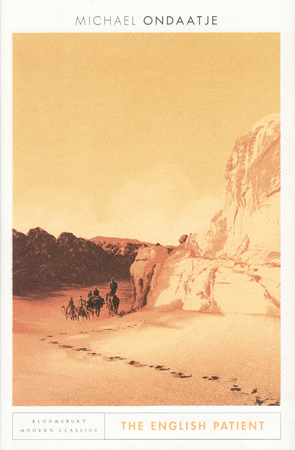
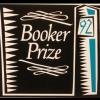

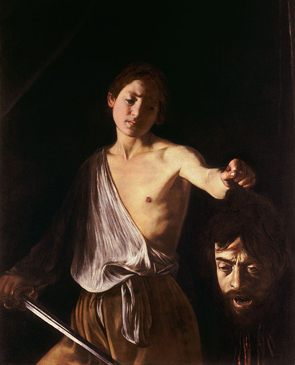
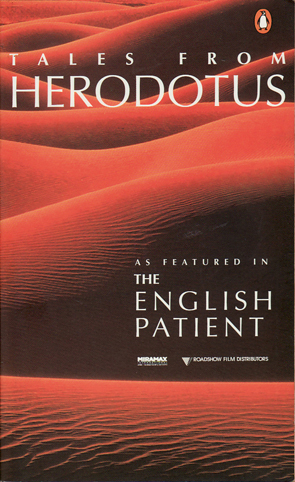
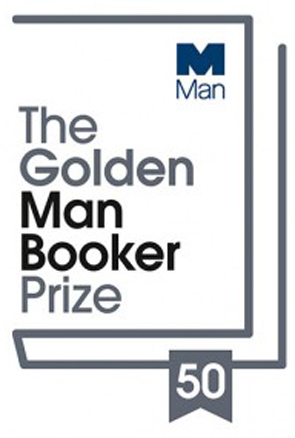


No one has commented yet. Be the first!